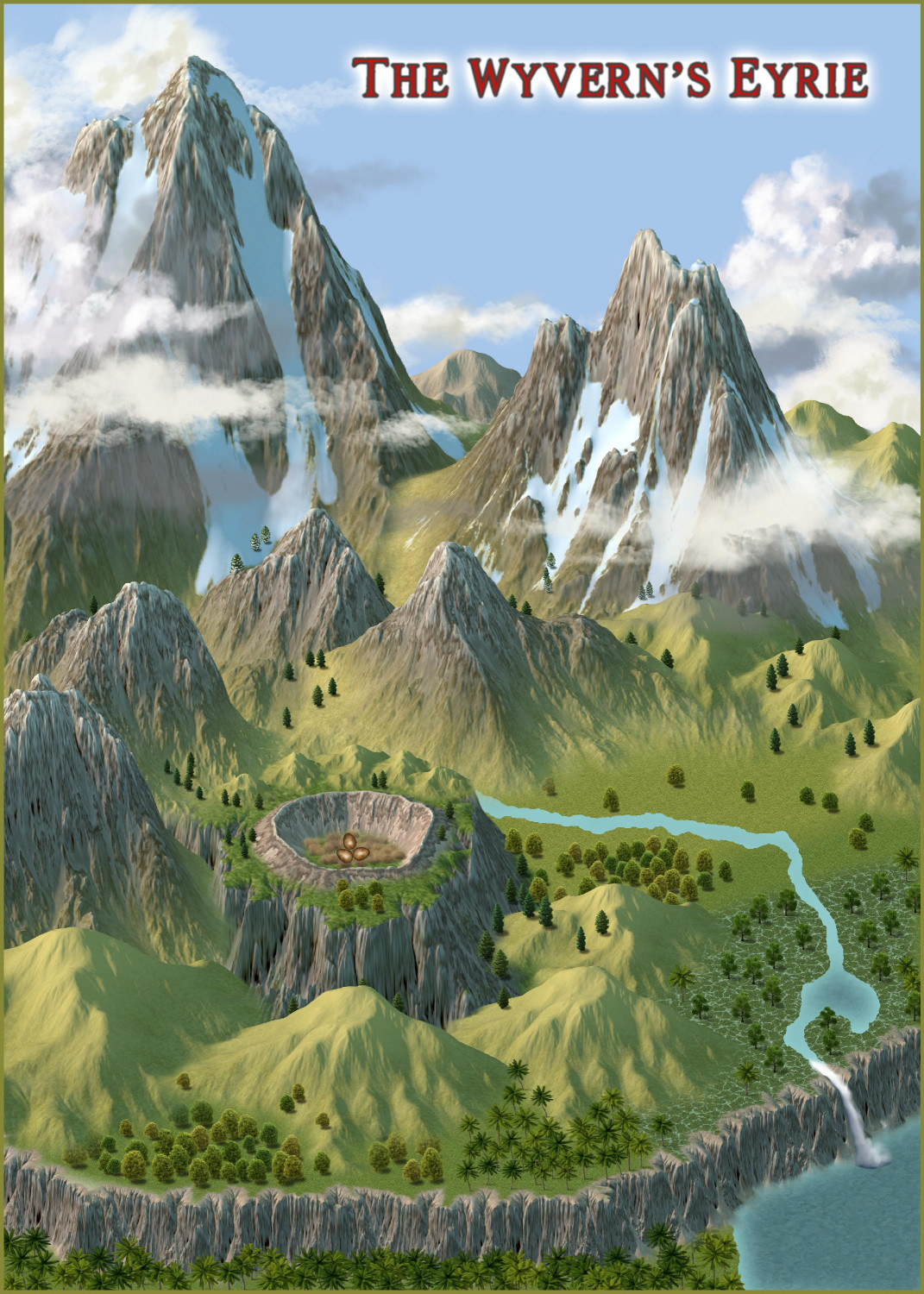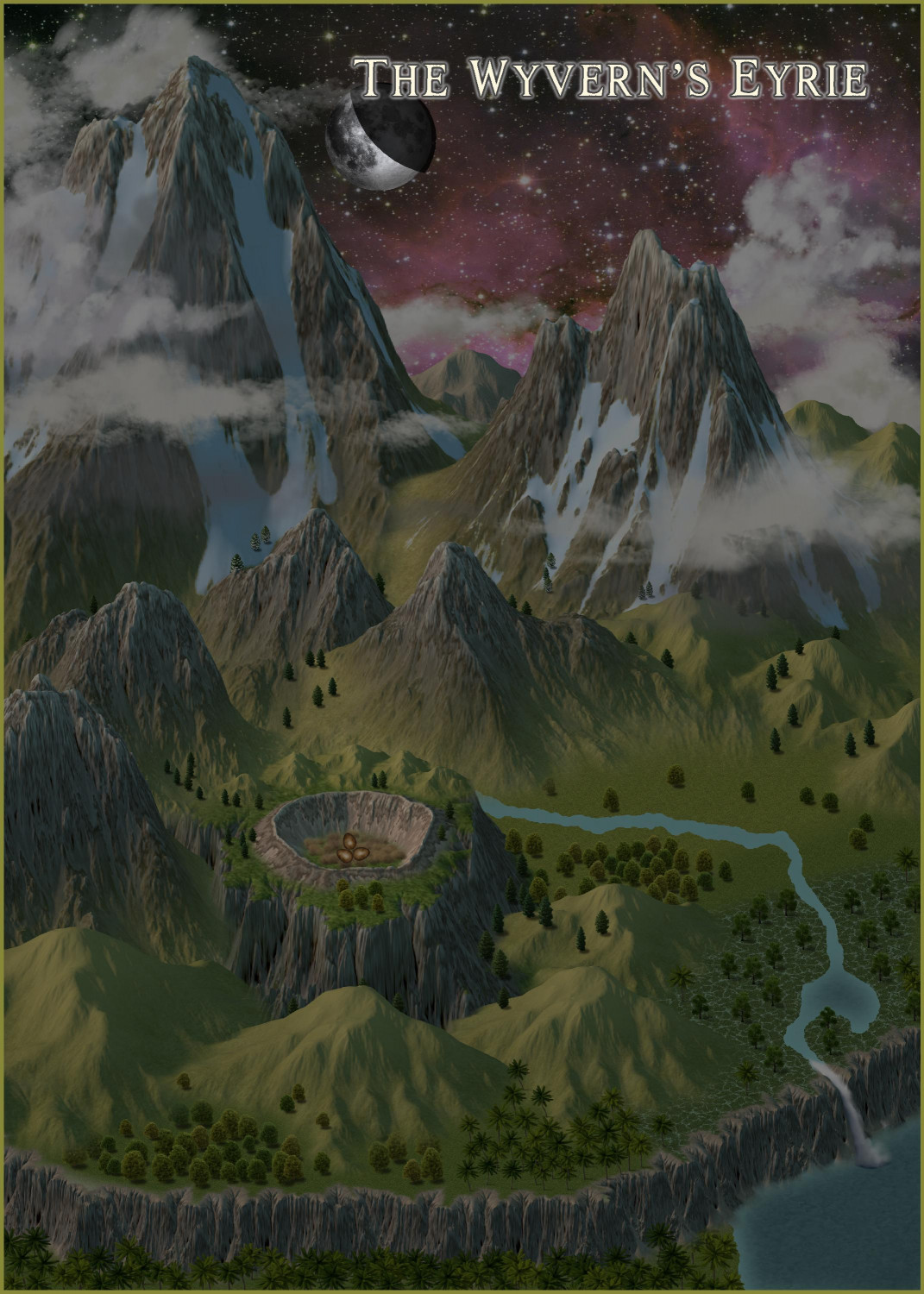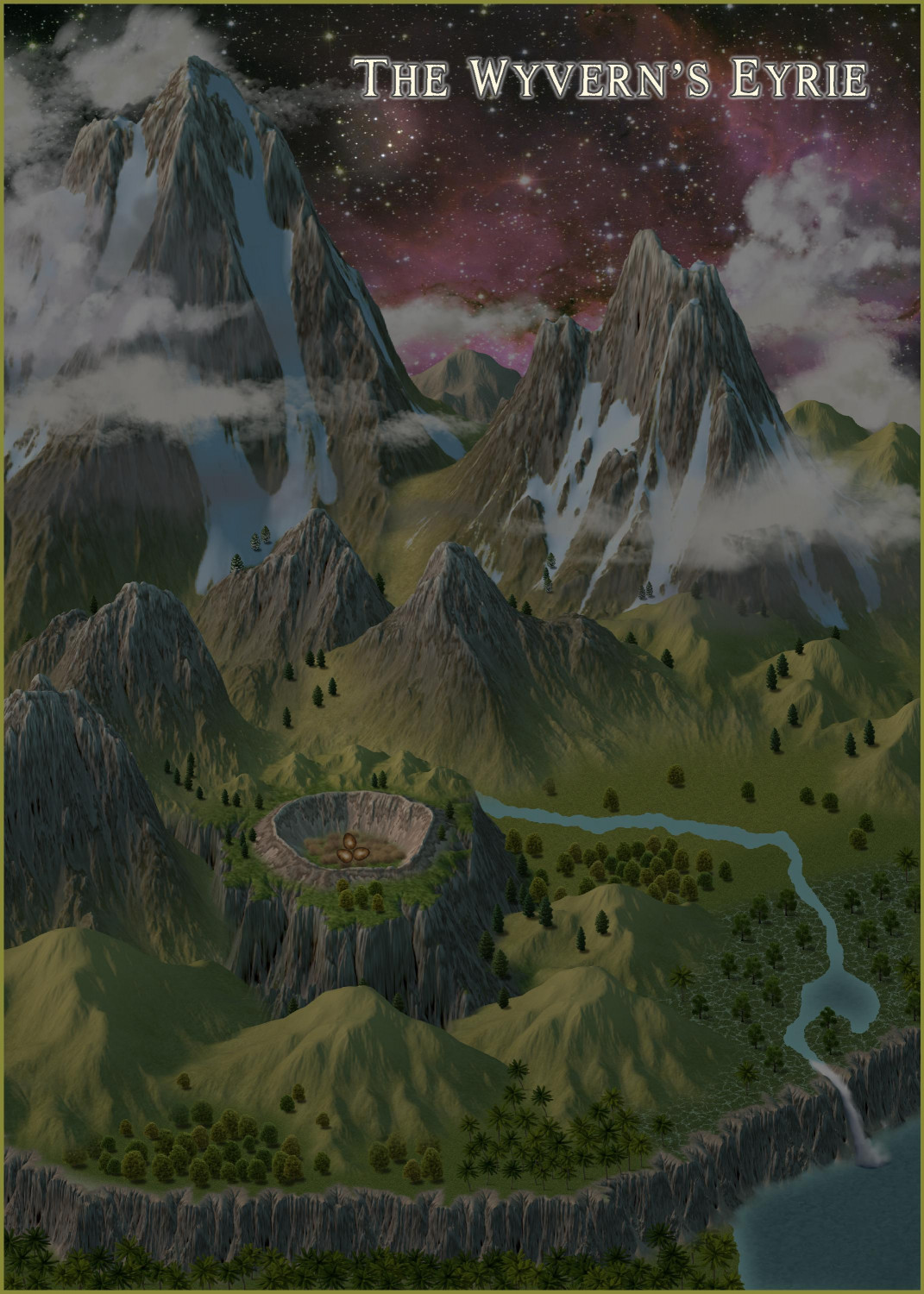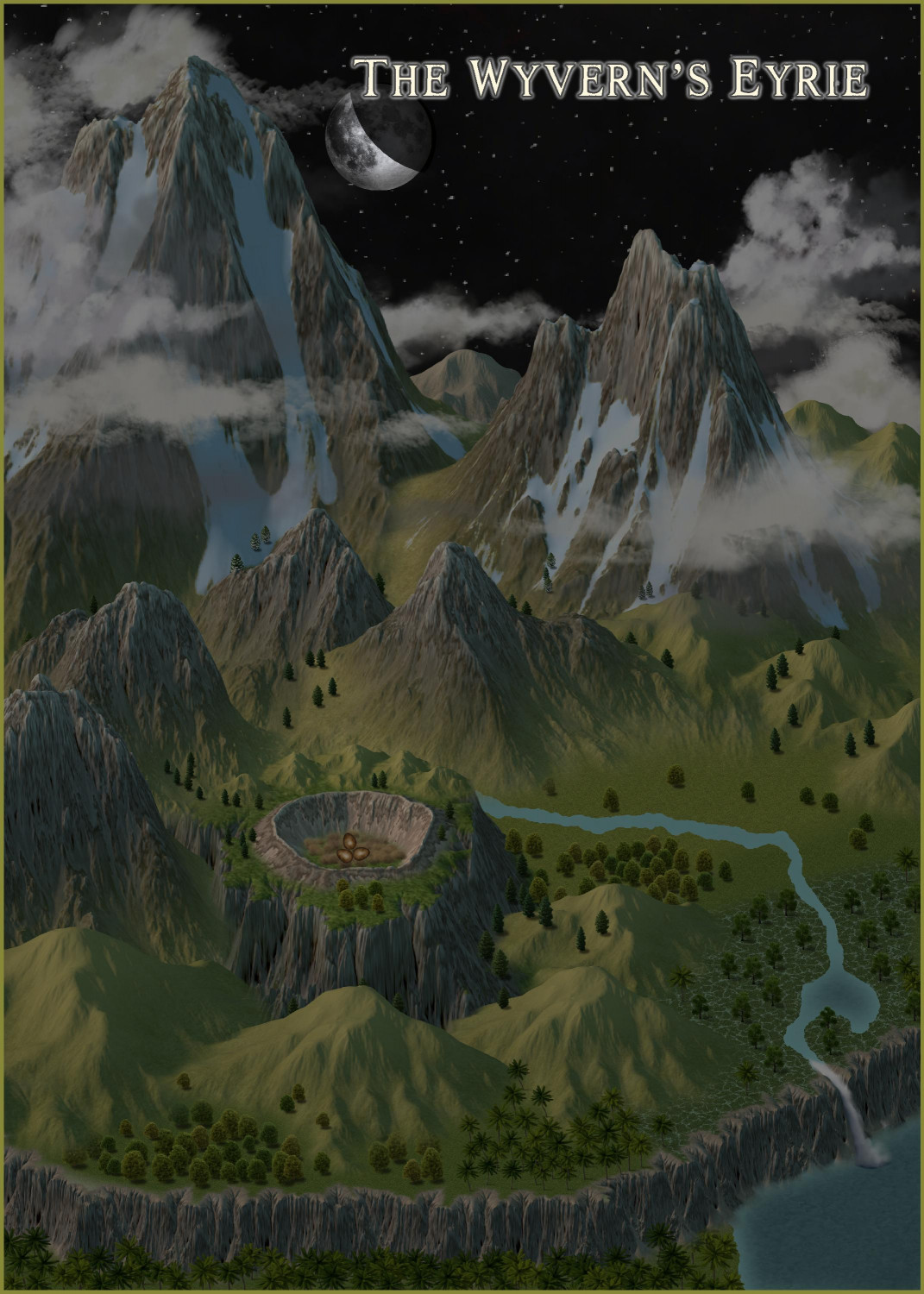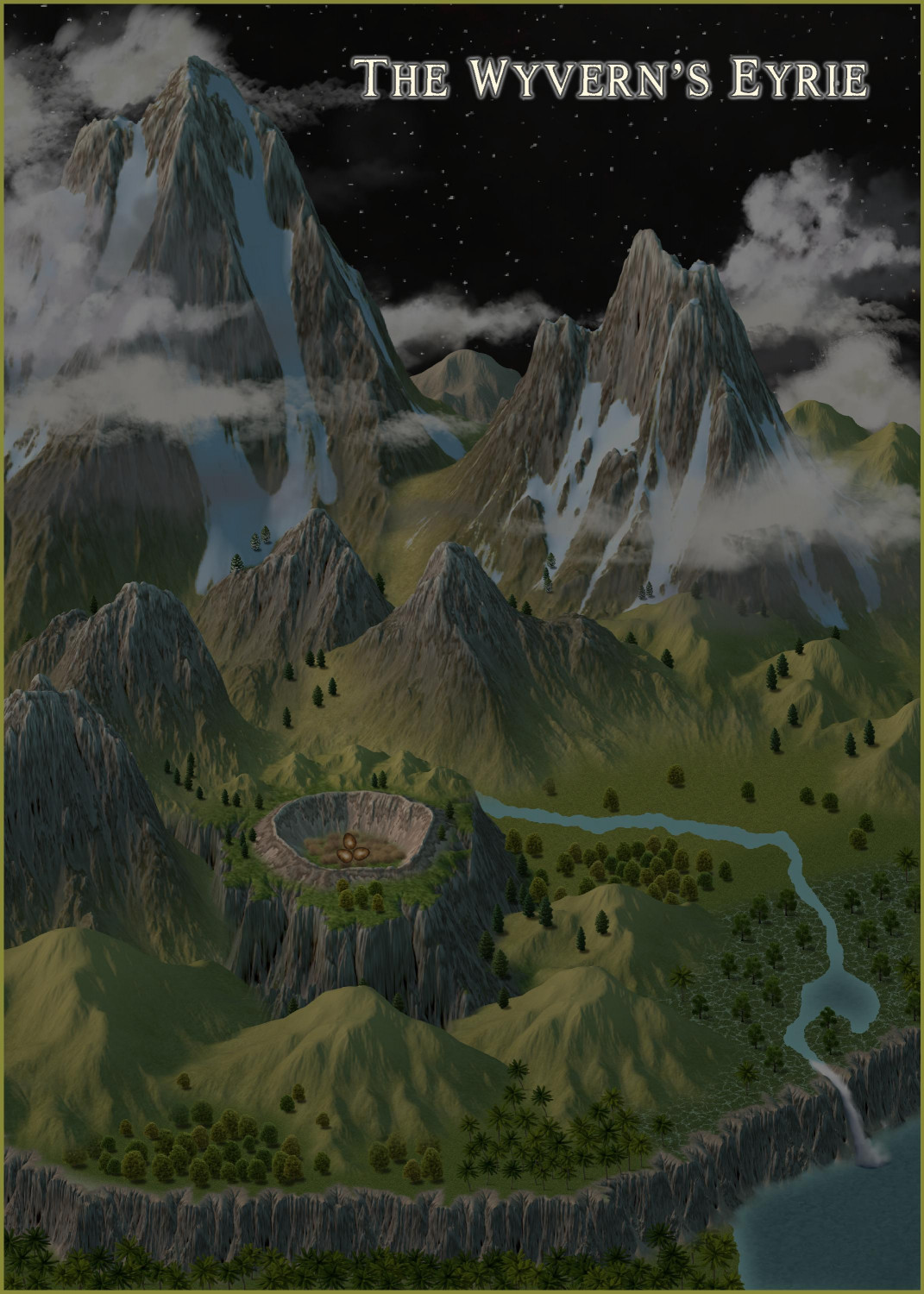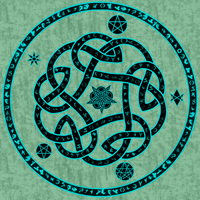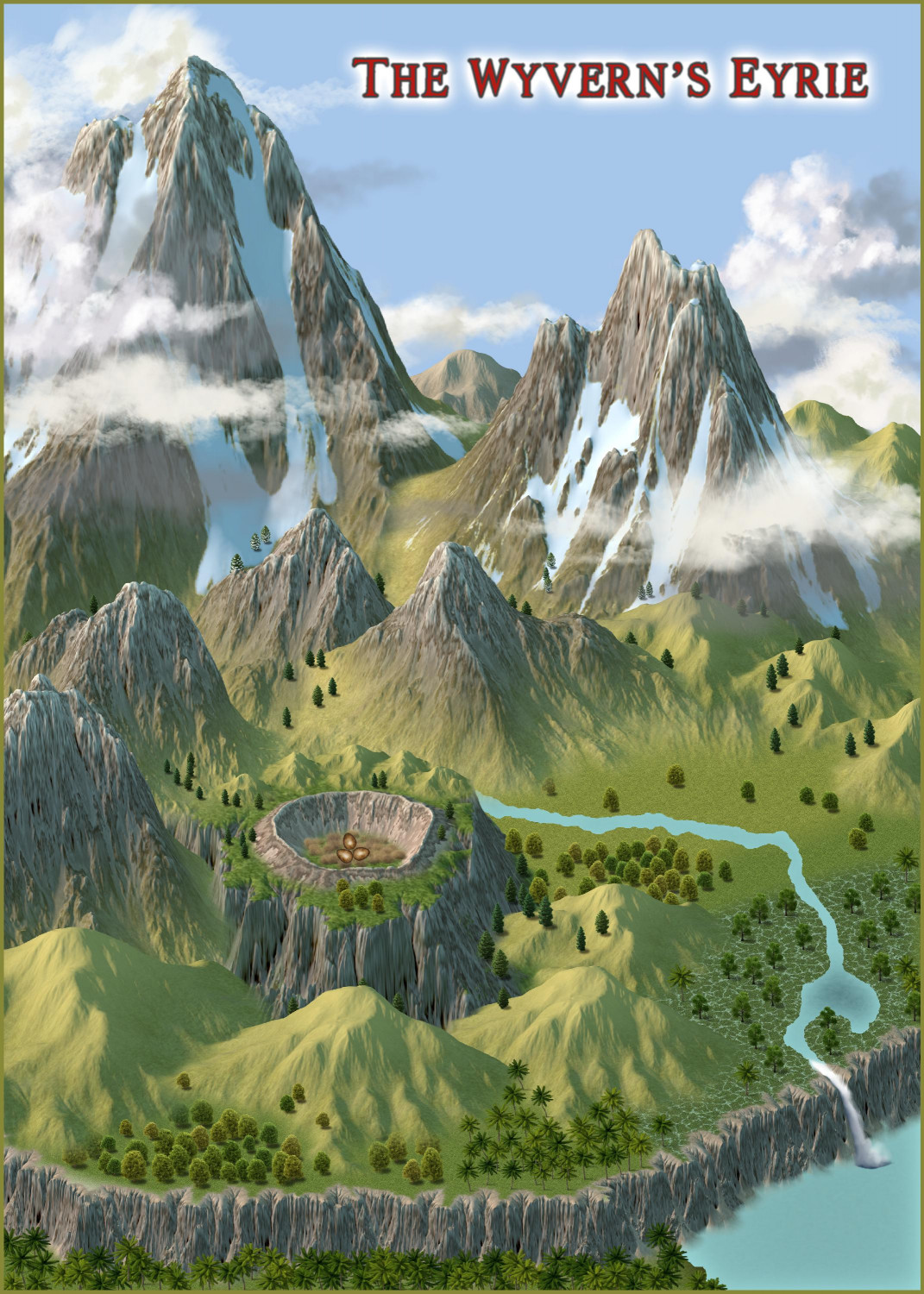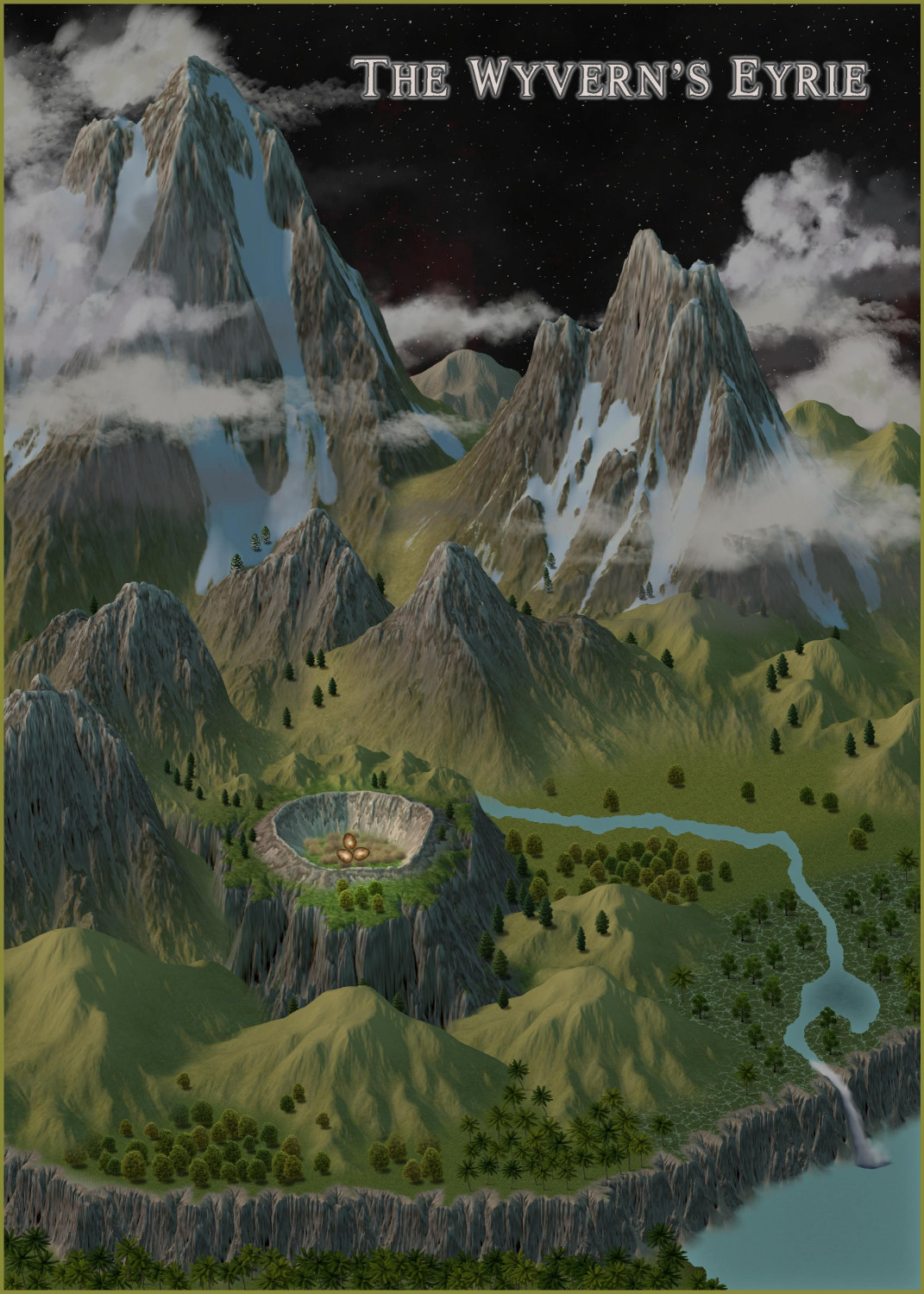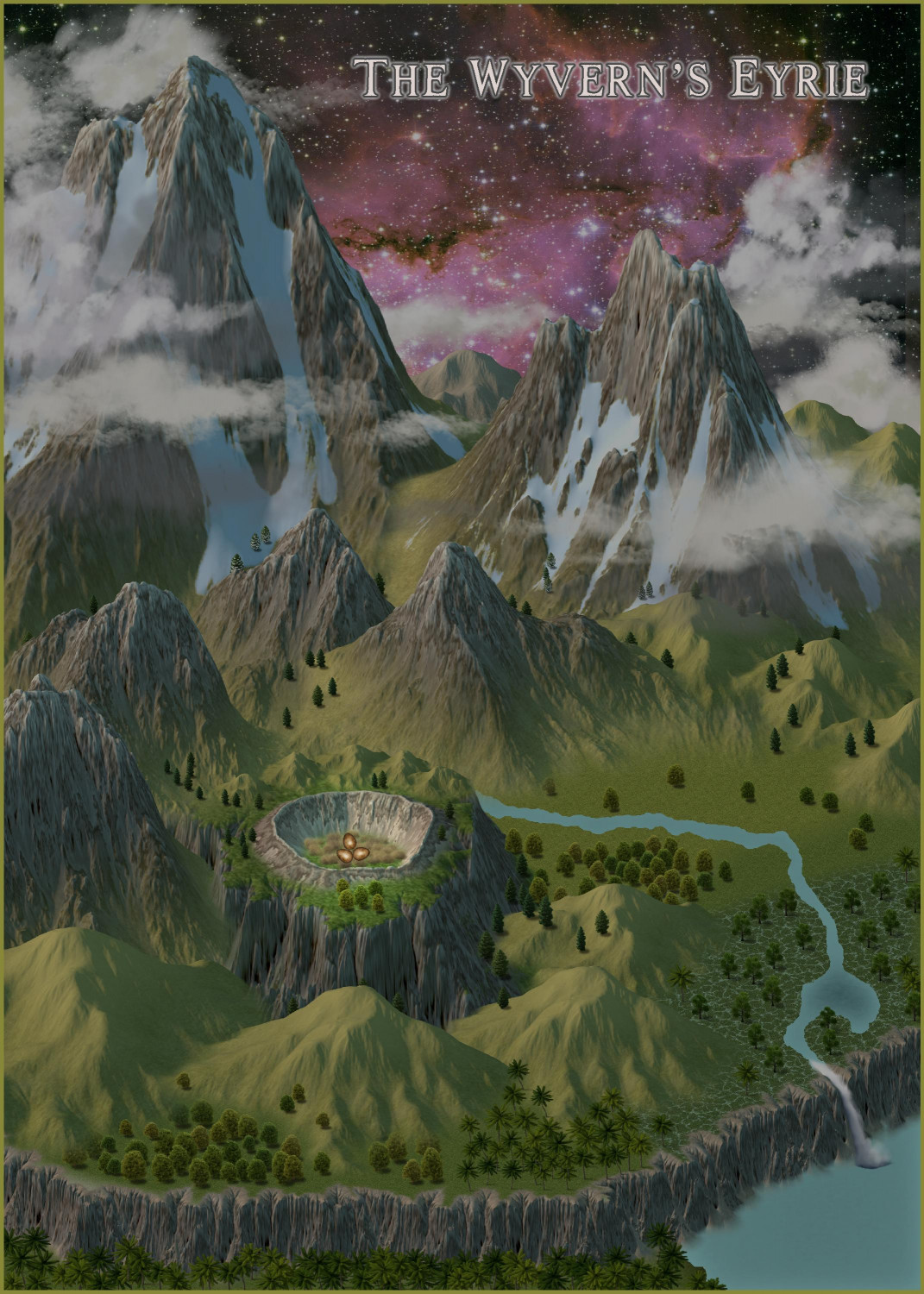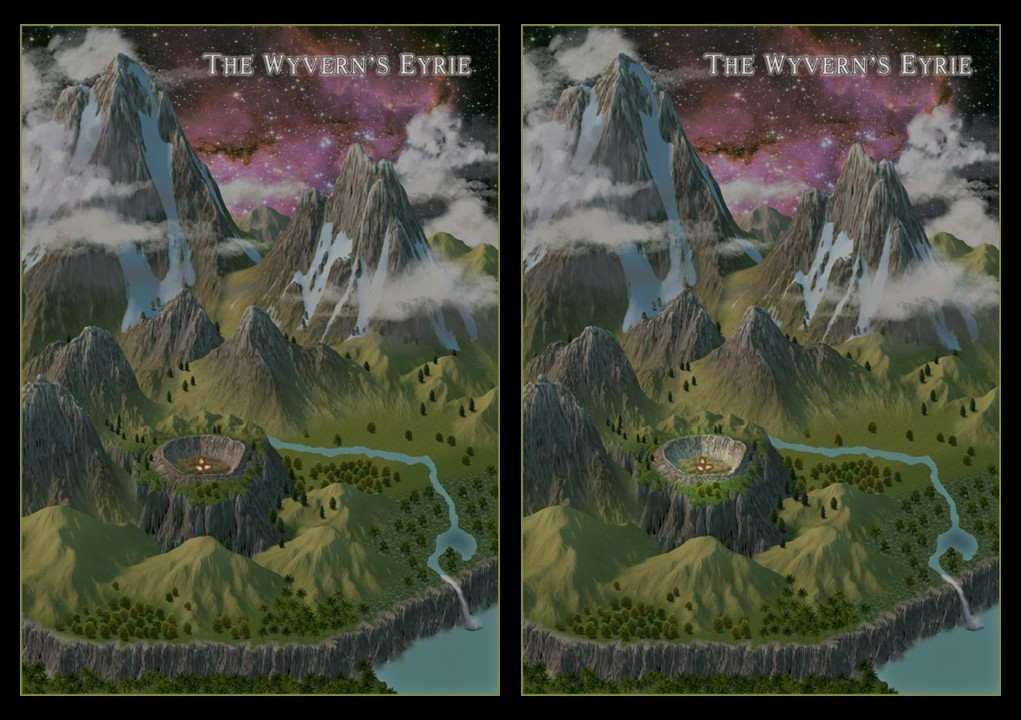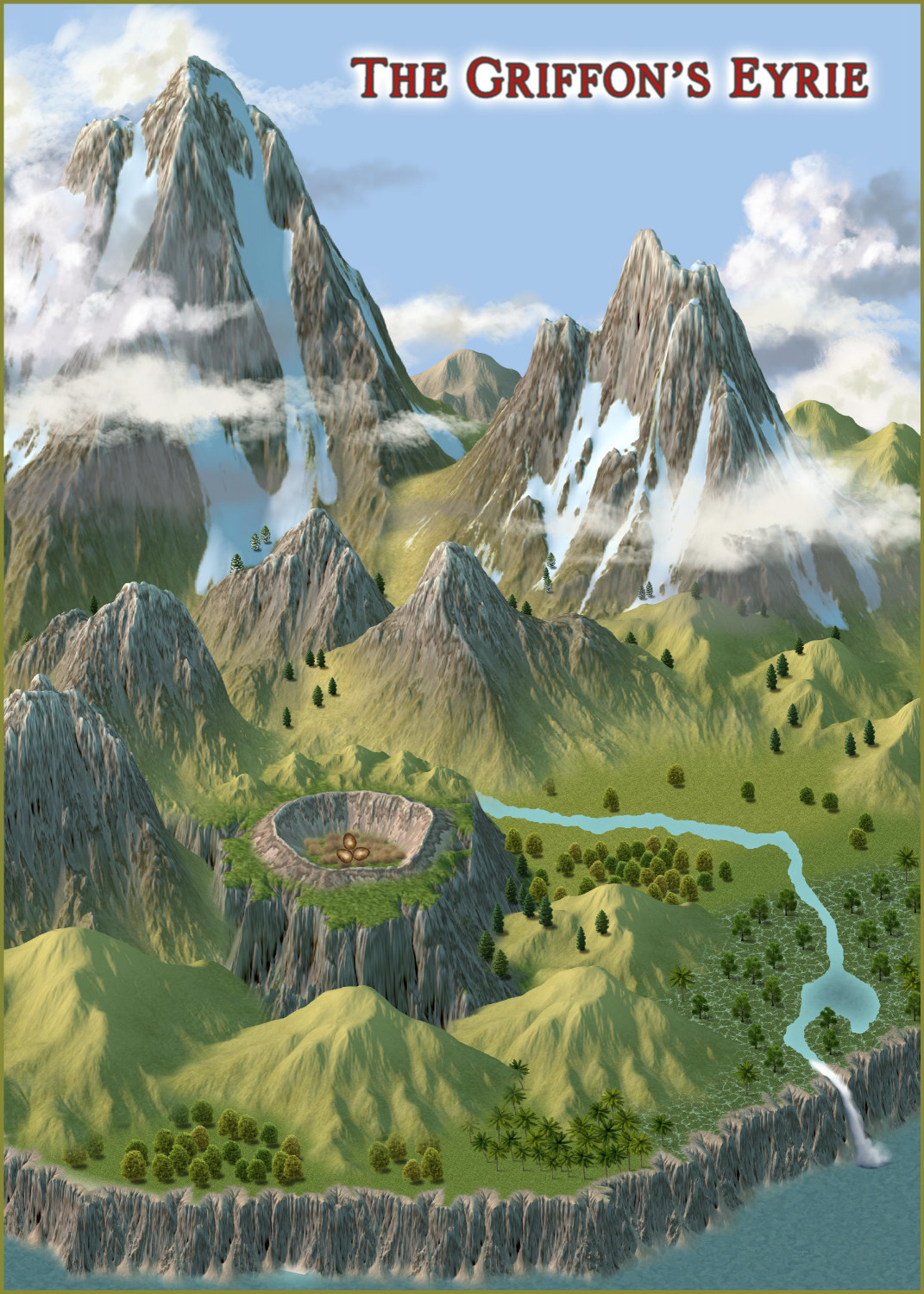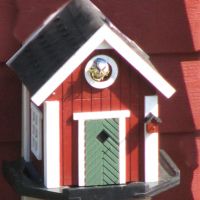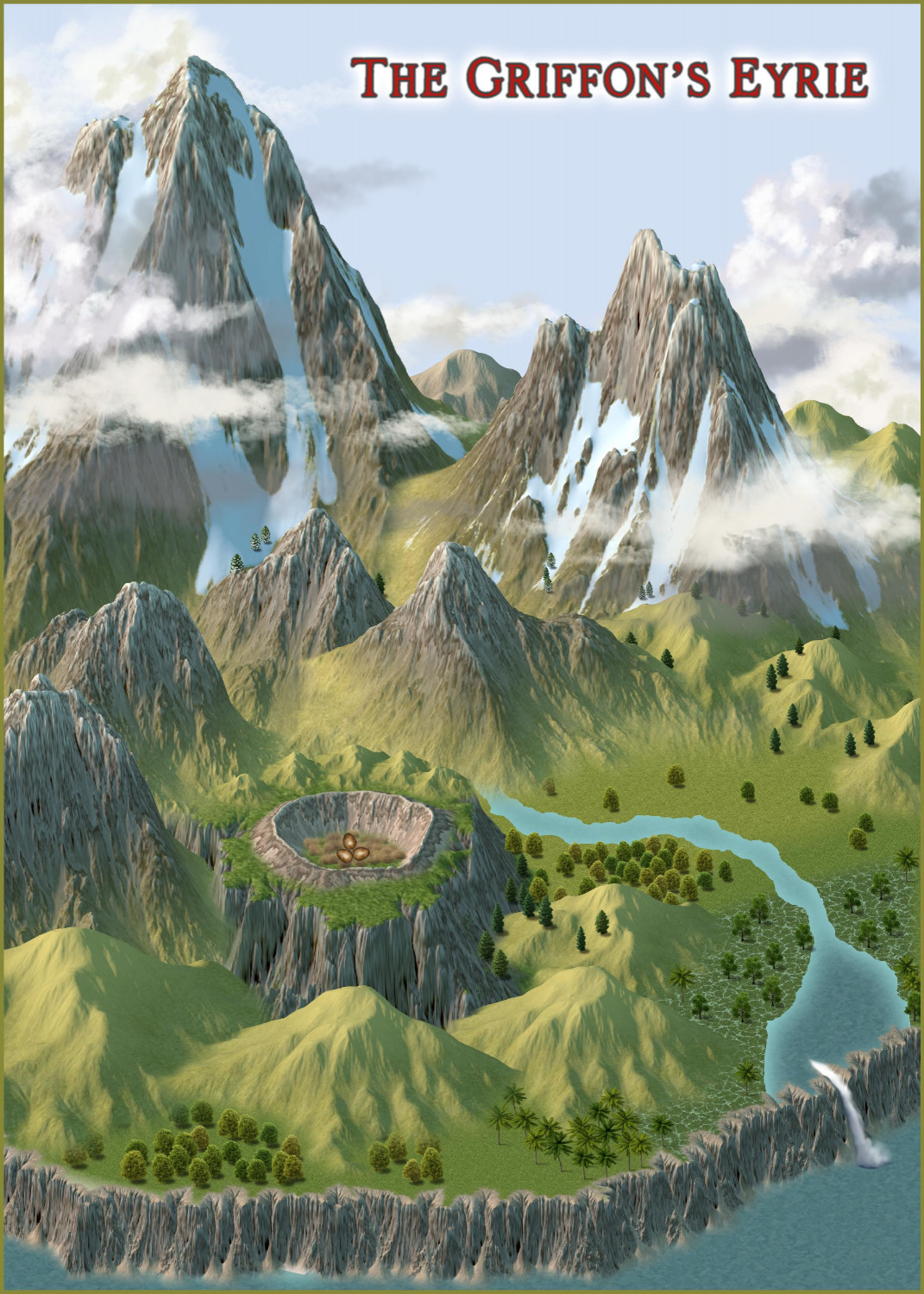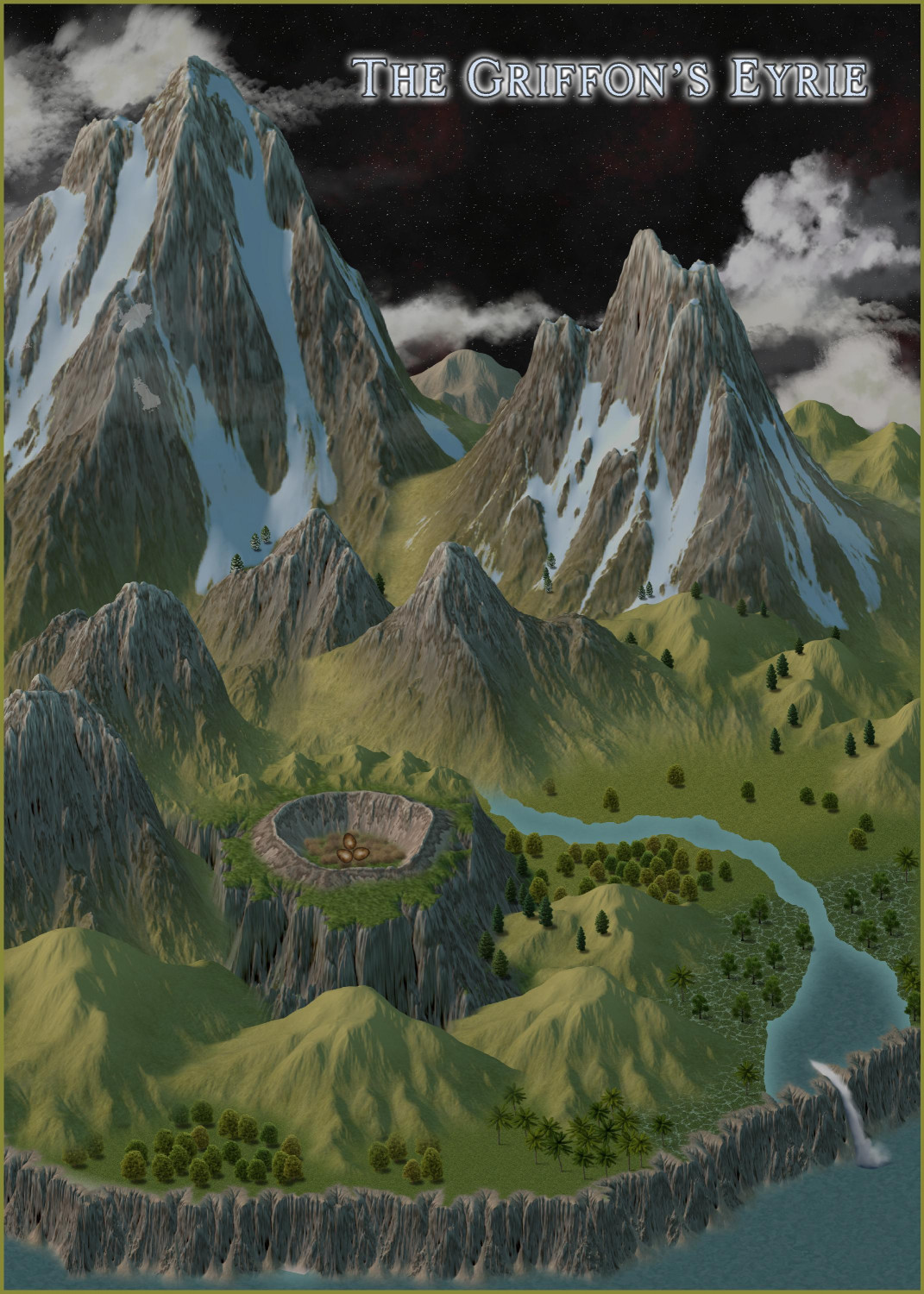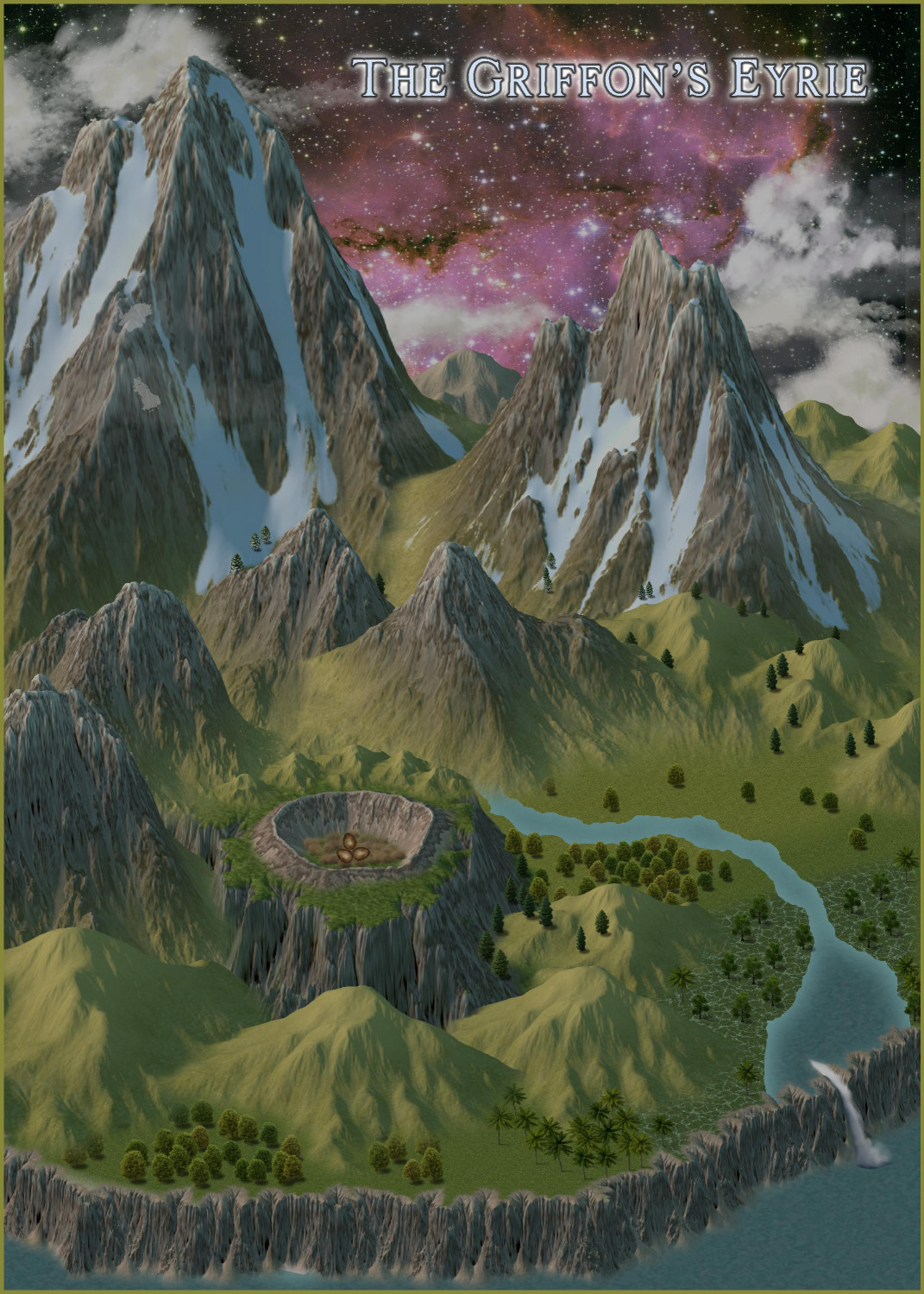Royal Scribe
Royal Scribe
About
- Username
- Royal Scribe
- Joined
- Visits
- 9,724
- Last Active
- Roles
- Member
- Points
- 3,384
- Birthday
- February 5, 1968
- Location
- San Francisco, California
- Website
- https://legacy.drivethrurpg.com/browse/pub/31814/Royal-Scribe-Imaginarium
- Real Name
- Kevin
- Rank
- Mapmaker
- Badges
- 16
Reactions
-
Delete Duplicate Entities
The problem probably stemmed from computers back in 2006. I recall trying to copy stuff and visually nothing happened. So it must have just stamped the copied items multiple times as I spammed the button.
Oh yeah, that happens to me a lot (though 2006 was a decade before I had even heard of ProFantasy). One common example for me: I will often have a magenta polygon on multiple sheets when I'm using the Color Key cutout effect. Sometimes it's because I had to create an acne mask sheet between a WALL sheet and a sills sheet below it. Sometimes it's because I'm using the Color Key effect for to cut through land to create a river, but I also want it to cut through multiple terrain sheets. And sometimes when I mess up, I end up with the magenta polygon half a dozen times on each of those sheets. It's generally not that big of a deal but it can add some size to the FCW file if it's happening a lot. So this will be very helpful!
-
[WIP] The Griffon's Eyrie Redux: Spectrum Overland
-
[WIP] The Griffon's Eyrie Redux: Spectrum Overland
Made some adjustments, including (if this doesn't step on any toes) changing it to be a wyvern's eyrie. Fixed some trees on the wrong sheet, and decided to change the sea at the base on the cliffs so that's it's only off to one side, with jungle on the other side.
Adjusted the nighttime one, too. Previously, I mimicked night by adding the SOLID 30 fill over everything. This time I used lighting effects instead with a 65% ambient light. That allowed me to add a little extra light over the eggs. It's subtle, maybe too subtle to notice (though it's a bit more apparent when compared to a version that has that turned off). I had a moon but I didn't care for it, so I removed it. Does anyone know if there are crescent moon symbols? My campaign world has three moons, but I wouldn't want them to always all be full.
Here it is with the galactic night sky.
And just so you can see it with and without the extra light over the eggs, here's a side by side comparison with the light symbol sheet hidden and unhidden.
-
[WIP] The Griffon's Eyrie Redux: Spectrum Overland
Haven't had much time to get back to it, but here's a slight tweak. Added some trees, made the sky bluer, but the big change was to the lake. I wasn't fond of how it looked like the waterfall stuck into the lake, so now the river pools into a lake but then continues as a river until rushing rapids leads to a waterfall off the cliff.
-
[WIP] The Griffon's Eyrie Redux: Spectrum Overland
Last month, I mapped a Griffon's Eyrie using Darkland Overland. I was looking for a little distraction today and decided to revisit it using the Spectrum Overland style.
Still a work in progress -- I want to add more trees, and I haven't had a chance to look at it closely enough to see if there are weird sorting issues or things I need to cover up with trees. But anyway, here it is. Everything comes from Spectrum Overland (even the nesting material) except the eggs are from Creepy Crypts.
Then I decided to see what a nighttime version would look like. This brings in a Starfield bitmap from Cosmographer.
And for something a little more galactic, here's the Hubble bitmap fill from Cosmographer.


